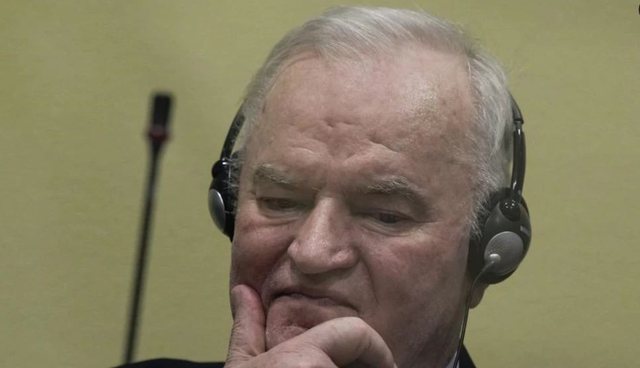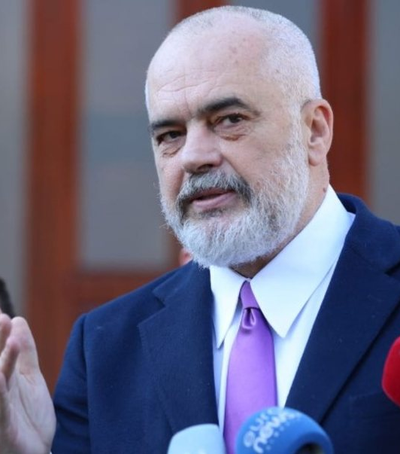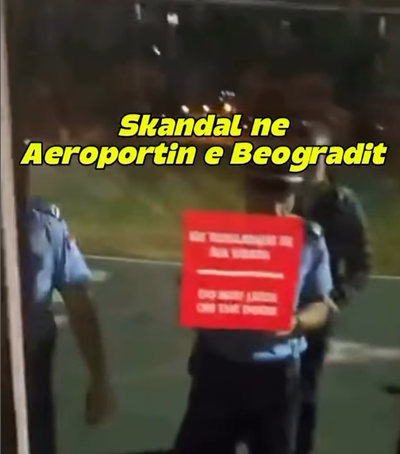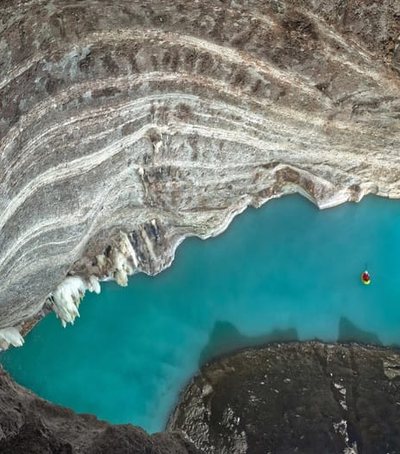
UN judges on Tuesday upheld the life sentence of former Bosnian Serb military commander Ratko Mladic for genocide, war crimes and crimes against humanity.
Known as the "Bosnian butcher", he was convicted in November 2017 on charges of killing more than 8,000 boys and men in July 1995 in Srebrenica, one of the worst atrocities in Europe since the end of the Kosovo War. World War II. The massacre took place in an area that had been declared protected by the United Nations.
Ratko Mladic was responsible for the siege and bombing of Sarajevo where 10,000 civilians were killed. The Srebrenica massacre and the years-long siege of Sarajevo were the developments that turned the world upside down against the Serbs and sparked NATO airstrikes that led to the end of the war with the agreement reached in Dayton, Ohio, in November 1995.
He is also guilty of persecuting Muslims and Croats throughout Bosnia, and holding members of United Nations forces hostage.
Today's appeals decision also marks the end of United Nations prosecutions for crimes committed in the Bosnian war that left behind more than 100,000 dead and millions displaced.
Ratko Mladic, indicted in 1995 by the war crimes tribunal in the former Yugoslavia, had been in Belgrade for the first few years following the indictment, hiding after the fall of Serbian President Slobodan Milosevic in the autumn of 2000.
In May 2011, he was arrested on a farm in northern Serbia, following a period of European Union pressure on Serbia aspiring to European integration.
The trial against him opened in May 2012.
The war crimes tribunal in the former Yugoslavia was established in 1993 and was the first war crimes tribunal after the Nuremberg military tribunal at the end of World War II.
She filed charges against 161 people, 90 of whom have been convicted. In March 2016, this court found Ratko Mladic's political boss, Radovan Karadzic, guilty, who is currently serving a life sentence in the UK on charges of genocide and crimes against humanity.
Former Serbian President Slobodan Milosevic was indicted in 1999 during the Kosovo war and sent to The Hague in 2001. He died in 2006 while on trial for war crimes and genocide in the former Yugoslavia.
The court completed its work with the sentencing of Ratko Mladic in 2017, and the remaining cases are being handled by an international mechanism set up at the former court headquarters.
The UN Security Council will discuss tonight the report on the work of this mechanism and in this context the refusal of Serbia to hand over to it two members of the Serbian Radical Party, Vjerica Radeta and Petar Jojic, accused since 2012 for intimidation, intimidation and bribery of witnesses in the trial of that party leader Vojislav Seselj.
The President of Serbia, Aleksandar Vuçi., Who until 2008 was a senior official of the Radical Party, has stressed that in some cases he will not hand over his former colleagues.
Former Serbian President Vojislav Seselj's former chief nationalist was sentenced in 2018 to ten years in prison on charges of crimes against non-Serbs in Croatia, the Serb region of Vojvodina and Bosnia and Herzegovina, during the Balkan wars that led to the dissolution of former Yugoslavia.
He was extradited in 2003 and stayed in The Hague until 2014. Having spent nearly 12 years in prison, his sentence is considered served./voa/





